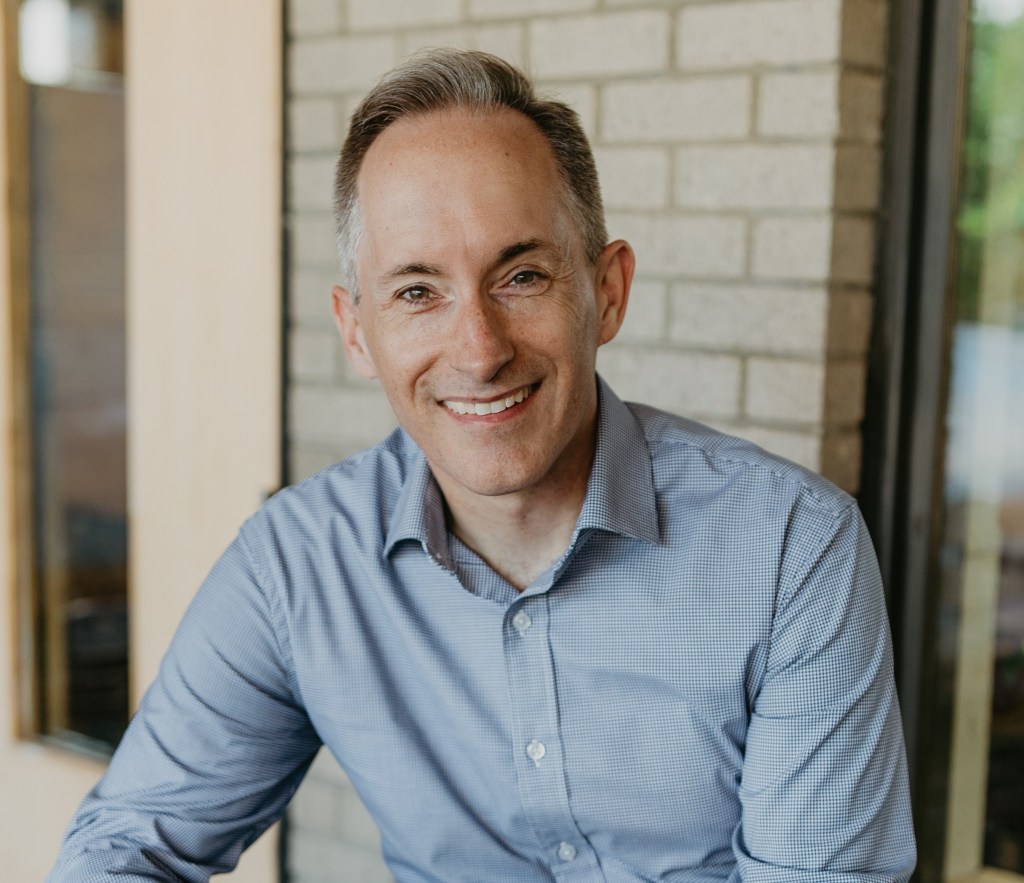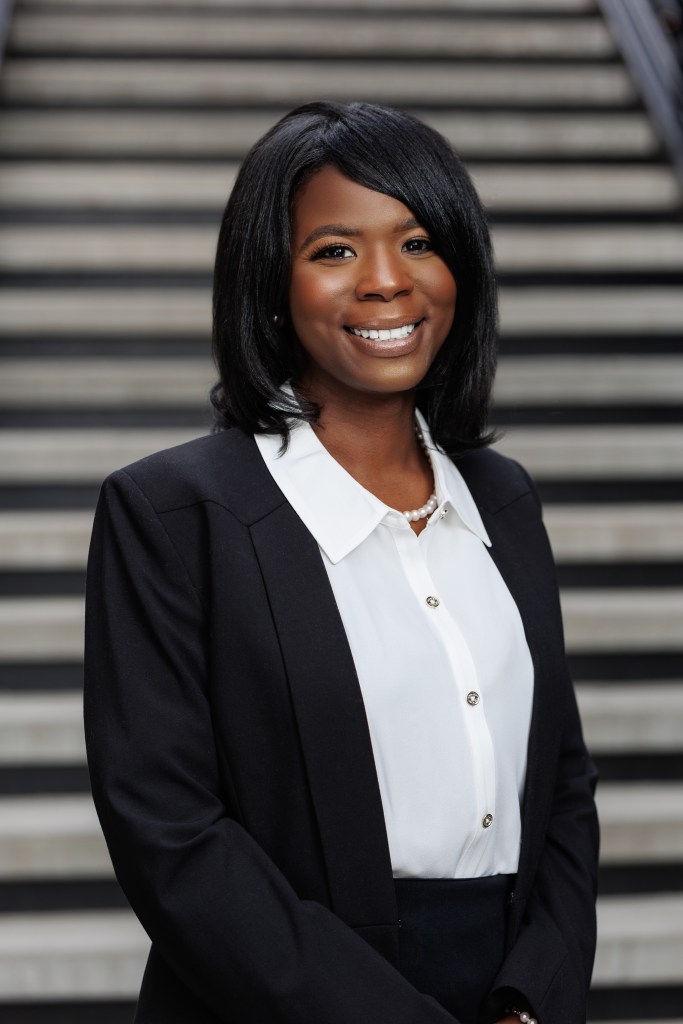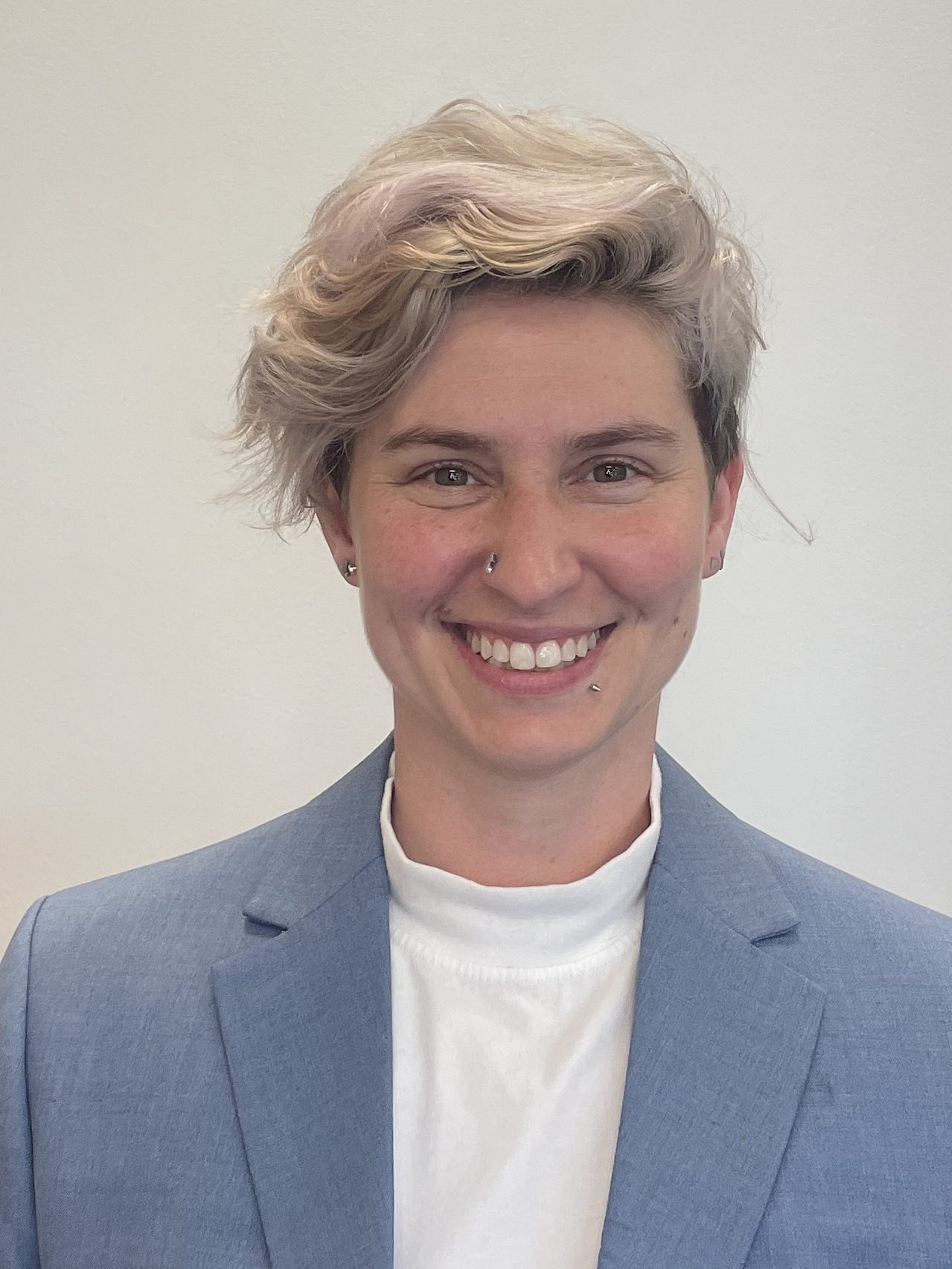Durham’s city council will have two new members following Tuesday’s municipal election.
The biggest news of the night was the defeat of incumbent city council members DeDreana Freeman and Mark-Anthony Middleton.
Mayor Leonardo Williams won a second term, defeating Anjanée Bell. Ward 3 council member Chelsea Cook cruised to their first full term over challenger Diana Medoff. (Jump to more on the mayor’s race and Ward 3 race.)
In Ward 1, Matt Kopac edged out incumbent Freeman by about 2,000 votes. Shanetta Burris beat Middleton in Ward 2 by a wide margin. (Jump to more on the Ward 1 and Ward 2 races).
The mayoral and city council elections largely focused on development and campaign finance, as candidates decried negativity on the campaign trail.
The results could lead to some shifts in how the council approaches questions of future development, which had been the clear top issue in this election.
“Tonight marks a referendum on big money in Durham politics, and we were successful,” Burris said. “I just want to thank each of you in the community of Durham for believing in me that we can actually get a better council, a better vision for Durham, and that we can fight back and push against big money.”
Homeowners across Durham are grappling with steep increases in the property tax bills following a revaluation this year, and nearly half of renters are either cost-burdened or severely cost-burdened. When it comes to development, voters are concerned about whether that development will bring housing costs up or down, whether it will harm the environment or create less car-dependent neighborhoods, and what all this will mean for the residents and character of the Bull City. Local politicos largely divided their disfavored candidates as being anti-development or too friendly to developers.
While current council members often vote unanimously on rezoning requests, when they do disagree it’s often with Williams, Middleton and council members Javiera Caballero and Carl Rist in the majority, and Cook, Freeman and council member Nate Baker in the minority. The addition of Burris and Kopac doesn’t represent a major change in that balance, but there could be some shifts as the next council votes not only on future rezoning requests but also on whether to increase allowable density in parts of the city via an update to the city’s Unified Development Ordinance.
Burris has said she would bring more scrutiny to rezoning cases than Middleton, who frequently votes in favor, as does Williams. Kopac has said he won’t be a rubber stamp on such cases; according to data he shared, his record as a current member of the city’s planning commission shows him voting in line with both the majority and the minority in cases on which the full council eventually split.
How much money candidates brought in and who donated it was also frequently invoked on the campaign trail, particularly in the case of Kopac, who raised by far the most in the race, with more than $75,000 as of the latest filing.
“It allowed me to pay my campaign staff a living wage,” Kopac told the INDY, adding that he pledged not to take campaign contributions from those who bring development cases to the council. “It allowed me to get a message out as a challenger to a long-term incumbent. I think it’s a sign of the support that I have in this community.”
A slew of candidates also vowed not to take donations from dark money groups after a mysterious 501(c)(4) called Yes for Durham weighed in on the races.
During remarks after the polls closed, both Williams and Middleton—who were criticized on the campaign trail for their voting records on rezoning cases and tone toward some residents who spoke at public hearings—noted it was among the most negative campaign cycles they’ve experienced. Williams called it “trickle-down Trumpism.”
“I’ve been around a couple of these things, and this has been the most toxic, ugliest, mean-spirited election cycle I’ve experienced in a while,” Middleton told the INDY. “I was really excited to hear the mayor say that he’s going to hold the line against allowing the trickle-down effect from D.C. to the dais, and I’m not necessarily attributing that to electeds, but certainly many of our surrogates and those who we allowed to carry the banner for us.”
Whether it was the issues, the stakes, or the temperature of the election driving them, Durham voters came out in relatively large numbers to make their picks: About 21.4 percent of eligible voters turned out for the municipal election this year, compared with just under 19 percent in November 2023 and about 15 percent in November 2021.
Williams drew a connection to progressive and Democratic wins across the country on Tuesday night, including the mayoral election in New York City, which saw record-breaking turnout.
“I think if you look at what’s happening here, and you look at what’s happening in New York, I think you’re starting to see the new identity of the Democratic Party,” Williams said. “I think that you’re starting to see the full diversity of what it’s all about. I think that you’re starting to see more moderate Republicans. …. I think you’re starting to see the beginning stages of getting our country back.”
Mayor
Williams won reelection with just under 58 percent of the vote: 26,084 votes to Bell’s 18,984. Bell won nine of Durham’s voting precincts, including a cluster around East Durham.
Williams was elected to the city council in 2021 and as mayor in 2023. He is a small business owner and former Durham Public Schools teacher and administrator. Bell is a dance educator, entrepreneur, and coordinator for the state’s Arts in the Parks program.
On the campaign trail, Williams touted his Bull City Futures Fund, a partnership to direct investments in nonprofits that serve youth, and his role representing Durham on the national stage. Bell promoted a message of governing with the people and criticized Williams as being too dismissive of residents concerned about gentrification and displacement.
At an election watch party at his restaurant Ekhaya, Williams took questions from both reporters and people in the crowd after the polls closed. He said his priorities for his second term include developing a crime reduction plan, reducing homelessness, and raising the city’s sales tax base including through what he pitched as a downtown “innovation district” with a “massive conference center,” a grocery store, and more residential and retail.
“If you’re crazy enough to run for office, I’m gonna assume you’re also crazy enough to try to get things done together,” Williams said. “I’m crazy enough to do it, so I look forward to working with everyone on council.”
Ward 1
In the only close race of the night, Kopac won about 52 percent of votes cast to Freeman’s 47.9 percent. Kopac won about 55 percent of Durham’s voting precincts, with Freeman taking many of the precincts on the eastern side of the county.

At a results watch party at Pour before final results rolled in, Kopac told the INDY he was hopeful but unsure whether his messaging about his planning commission voting record had reached voters.
“I tried to put my record out there and share the way I had voted and my background and the way I try to be a thoughtful and balanced vote on all things on the council,” Kopac told the INDY. “It was unfortunate that that isn’t always what cut through, but I hope enough people heard that message.”
Freeman was first elected to the city council in 2017. Before that, Freeman served three years on the Durham Planning Commission and spent nine years leading community outreach at Durham Children’s Initiative. Freeman said that though the results weren’t what she expected, she’s not done serving Durham.
“Leadership isn’t about titles — it’s about impact,” Freeman wrote on Facebook. “Together, we reached more than 21,000 voters who said ‘yes’ to progress, integrity, and community care. That’s nearly half our city standing with us — and that’s powerful. Thank you to every person who walked this road with us. Our work for Durham continues.”
Ward 2
In Ward 2, Burris claimed an even bigger lead over incumbent Middleton than she did in the primary, winning about 68.5 percent of votes cast (30,652 votes) to Middleton’s 31 percent. Ultimately, Burris won all but two voting precincts in the city.

Burris is a training manager at Supermajority, an organization that aims to strengthen the impact of women voters in elections. Her résumé includes roles with the Durham Committee on the Affairs of Black People and the successful campaign of former Durham mayor Elaine O’Neal. Middleton, a pastor, currently serves as mayor pro tem and was first elected in 2017.
Burris celebrated the victory at Old North Bar in Durham with Freeman and Cook, as well as sitting council member Baker.
The crowd erupted in cheers when it was announced that Middleton had conceded the race to Burris. Burris thanked her campaign manager and mother for their efforts as a small campaign team with the least amount of money raised of any candidate in the general election. She also expressed her appreciation for Freeman, Baker, and Cook for their support throughout the campaign, saying that Freeman shared her “institutional knowledge,” Baker made himself available to answer technical questions about the job and campaigning, and Cook was “her backbone on the campaign trail.”
Middleton, at a party with Williams, thanked his supporters. He lamented the negativity of the campaign cycle but said he supports Burris and that she ran “an incredible campaign.”
Asked why he thinks he lost support this time around, Middleton says he thinks his “brand took some hits” that he “refused to respond to in kind.”
“There were some things I think I could have done and met fire with fire, but I wanted to maintain integrity,” Middleton said. “I cut my teeth on New York City politics, so I know how to throw mud. But I thought it was important to model what I wanted my governance to look like in my campaigning.”
Middleton’s loss means Williams will be without his closest collaborator on the council.
“His race didn’t turn out the way we wanted it,” Williams said. “But what that really means is his presence is about to be louder. He’s still my rock, still my foundation. I rely on him so much.”
Ward 3
Cook won the most votes of any candidate on the ballot in Durham, 33,347, or about 75 percent of ballots cast, easily defeating challenger Medoff.

An eviction defense attorney, Cook was appointed to the city council in 2024 when Williams became mayor and vacated his council seat and will now get a first full term. Medoff, a political newcomer, is a former teacher.
As the final results came in, Cook lauded Burris, whom Cook called an “incredible candidate,” and reflected on their first campaign season.
“This campaign has been really, really hard. It’s extremely draining.” Cook said “We’ve got to have some work done on local politics, because it is so draining that it’s inaccessible, I think, for a lot of people, and for Shanetta and I, we’ve been working full-time while we’ve been trying to run this campaign. It’s been particularly hard. So I definitely think that we’ve got a lot of things that we need to address, but for now, we’re going to take our win and be really proud and hopefully get some rest.”
Comment on this story at [email protected].
